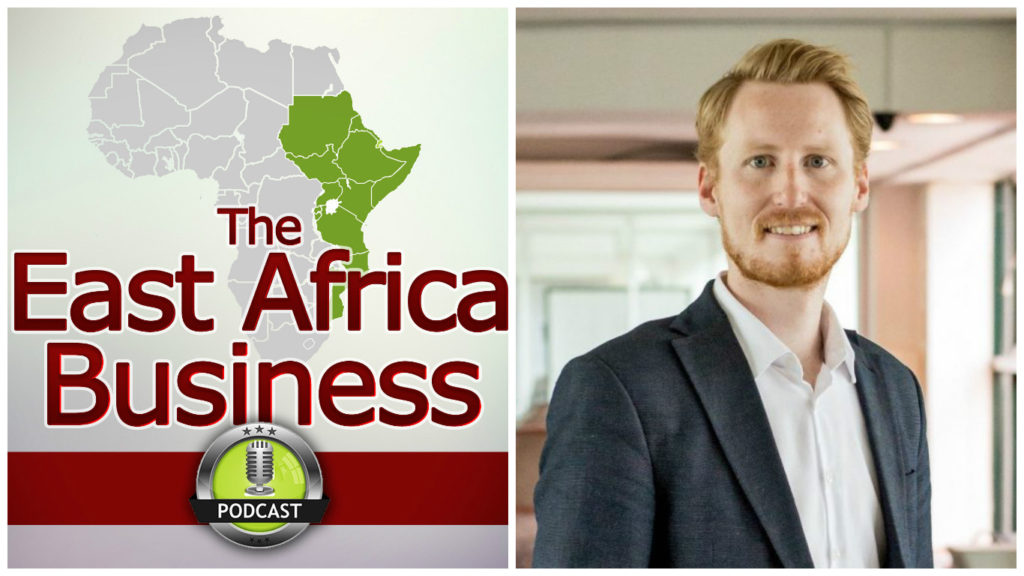Overview
One of the things I’ve found interesting is how proven international business models are being applied in East Africa.
Music streaming is one of these.
In years gone by people in Europe and the US would own CDs but now stream through services like Spotify, which pays royalties to its artists and makes music accessible to all.
Martin, who started Mdundo, is doing this in East Africa, though… it’s a little different.
We discuss the particulars of the African music market, the considerations in scaling their business and what they look for in hiring talent.
The room is slightly echo-y, so apologies in advance, however I hope this doesn’t detract from our very interesting conversation
Sign up below to hear whenever there are new stories and episodes released on the podcast
Here are some of the key quotes:
“Mdundo is a music service”
It started in 2012. From talking to stakeholders in the music industry it felt there was a big gap in the market.
“Our philosophy is similar to Spotify but…”
Operationally it’s different. We want people to access high quality music on their devices, and move away from illegal streaming sites.
“There are no record labels here”
It’s a very fragmented industry. We allow musicians to sign up and list their music onto the platform and then earn royalties when people play it.
“Licensing is a barrier”
Spotify aren’t operating here because it’s difficult for them to strike deals with disparate musicians and list local music on the service. You can’t go on Spotify and listen to a Kenyan artist and therefore local consumers won’t be satisfied with the service.
“There’s potential in live shows”
This is an area of the music industry which is really picking up. I think that record labels and signing deals is a difficult thing to go into.
“We’ve had some resistance from musicians”
And it’s basically down to trust. They are a one-man record label that are looking for ways to monetise their brand. Most money is from live shows and little from distribution. They don’t see how it will ever be a significant revenue stream.
“To be profitable we need to scale across Africa”
The key to our business is to be able to grow across many African countries and operate in many markets. This way we’ll get synergies.
“Growing the user base is straightforward”
It’s mostly being actively searched for. Musicians share on Facebook and so listeners find us quite easily.
“Filling the catalogue is key”
The most important song is the next one. If we aren’t able to provide a song for a listener then they’ll go off and use a pirated site and so we’ve probably lose them.
“Our listenership has changed”
It started off young, but now more and more it’s the older generation who are listening. Because of the demographics, in Kenya, above 35 is considered “old”
“Streaming is picking up fast”
‘Access to music’ started off meaning mp3 download. Now though we’re seeing more and more people streaming which is more in line with European markets, mainly because the cost of data has gone down.
“Mdundo means ‘beat/ rhythm’”
In Swahili. I wrote down a lot of words to do with music and then asked my friend to translate. “Mdundo” won.
“Content is key”
We need to ensure we have the Top 50 artists signed up before we launch. Also, we want young, hungry people to join the team.
“I’m surprised how much…”
… great quality music is being produced which no-one outside of Mdundo has been able to listen to yet.
“Taking the catalogue global”
Because we have a number of great musicians listed on our service we hope that it can be heard around the world.
Social Media Follows etc.
Android app: Mdundo
Website: www.mdundo.com
Listen to Martin’s fave: Just A Band
